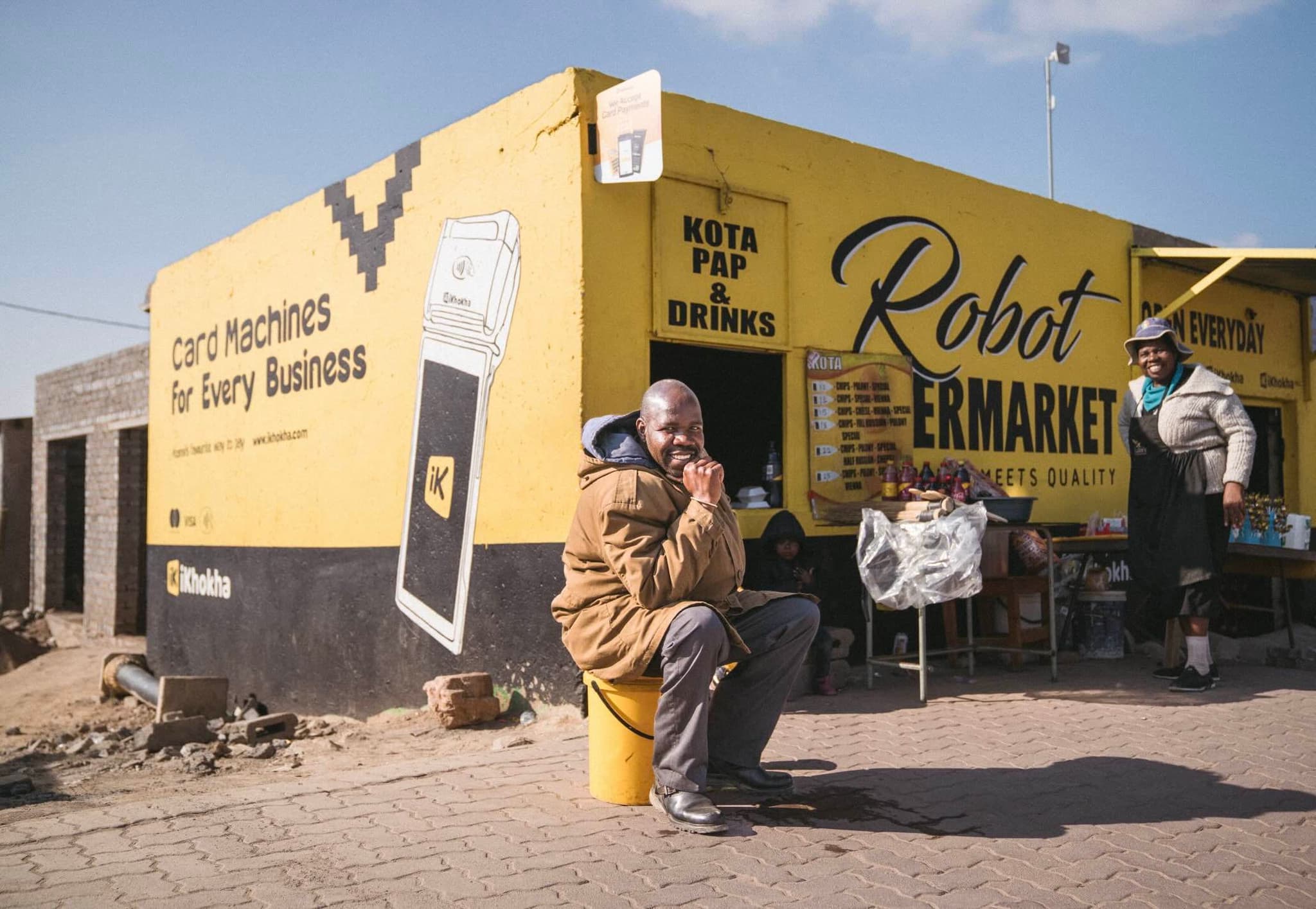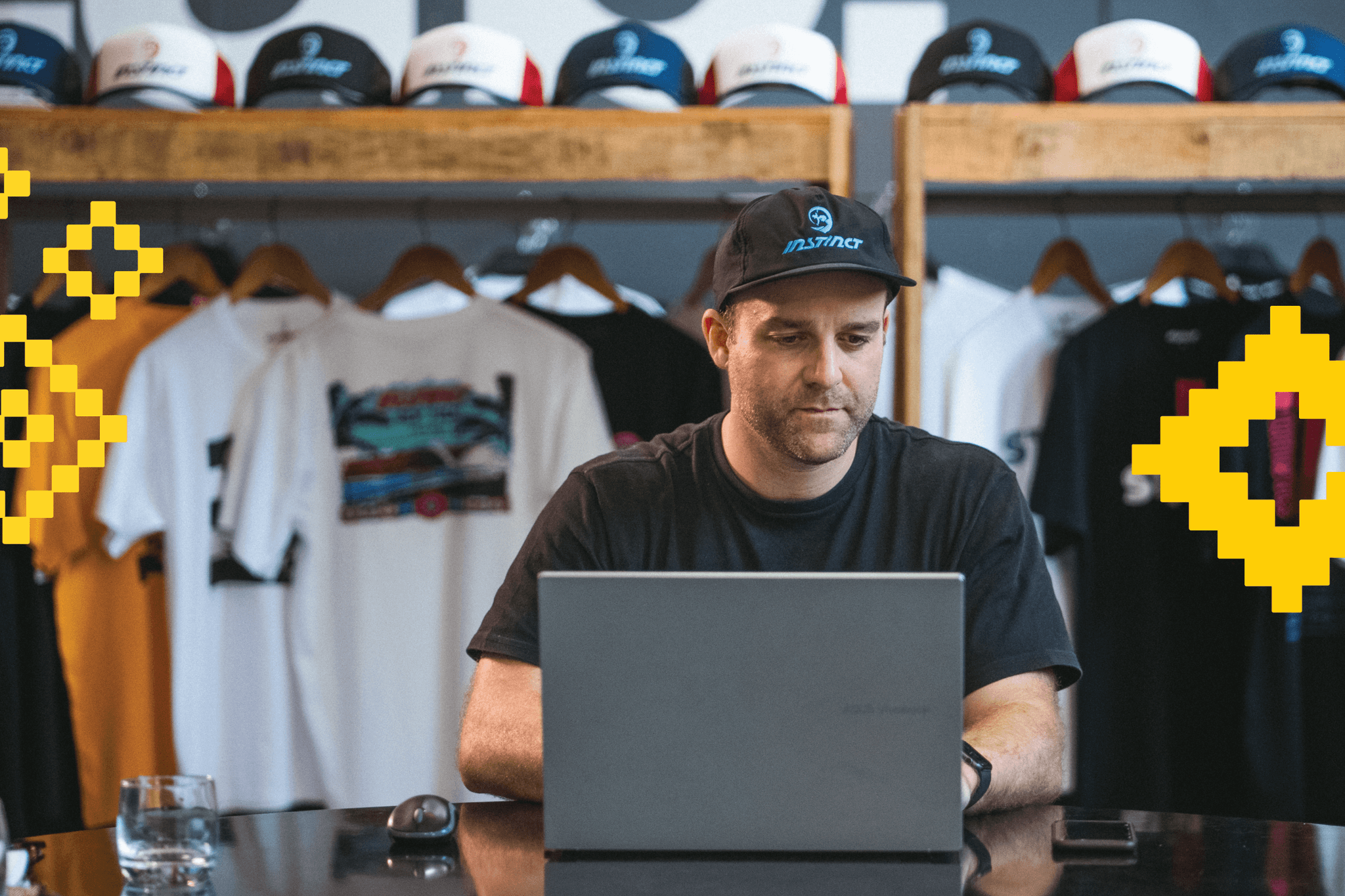
6 Challenges Facing South African Businesses & How to Overcome Them
Are you a new small business owner? Are you facing challenges to running your own business? When success comes knocking, you’ll be glad you stuck it out.
If there’s one thing small business owners can be sure of when it comes to entrepreneurship, it’s that there’ll probably never be a shortage of challenges they’ll need to navigate.
Unfortunately, small businesses operating in the South African landscape face issues that are often unpredictable and challenging to navigate. However, we can be hopeful that innovative structures are being built to support small business owners and enable them to thrive.
6 South African Business Challenges
1. Lack of Access to Capital
Getting a business off the ground is often the most difficult stage of the entrepreneurial process. Unfortunately, many enterprises fail simply because of a lack of access to capital. Throw in an inability to evaluate financial proposals and a lack of financial knowledge, and the business is doomed to fail.
The most important question to ask yourself is, “What do I need financing for?”. The answer to this question will guide your decision and ensure that you are at peace with repayment arrangements.
Fortunately, technology now allows small business lenders to operate in South Africa with ease, bridging the gap between banks and SMEs. If you’re struggling with cash flow that’s just not flowing, the providers below could help you out with some relief:
- Nedbank
- Investec
- iKhokha
- Retail Capital
- Merchant Capital
- Lulalend
- Spartan Finance
- Pollen Finance
- Redtree Capital
- DG Capital
- Sureswipe
Have you heard about the iK Cash Advance? Read all about it if you’re interested in a compound-interest-free cash injection!
2. Loadshedding Blues
Loadshedding has harmed the South African economy to the tune of R360 - R450 billion. As a result, 30% of South African businesses have experienced what they describe as great losses; 15% have taken on significant losses, and a further 34% have incurred slight losses.
Carefully consider how to mitigate the impact of an unreliable electricity supply on the basic necessities of your business, such as high-speed internet, refrigeration, security, as well as lighting and access to the property.
Keen to learn more about how to run a small business in the dark? Check out these loadshedding survival tips!
3. Leaving Your Mark
Consumers often prefer brands that are recognisable but fear not, beating the big giants in your industry is definitely not impossible. As long as the execution of your ideas is distinct, memorable, and consistent with industry standards, there is a chance your business can secure a share of the market.
The trick to achieving this is to focus on the services and products that your competitors do not offer and niche down in that position. The first step is to understand what makes your ideal buyer tick. Offer your target audience great customer service and work on building solid relationships with them to earn their brand loyalty.
The default position is to set up your startup to survive or just make an income. This type of scarcity mentality will not change economic conditions for the better. Therefore, it’s necessary for entrepreneurs to think beyond survival mode. By tapping into networks of established SMEs, it is possible to chart solutions for problems that are not about getting by but about moving the industry forward.
4. Beware of Burnout
Small business owners need to manage their energy levels as scrupulously as they manage their money. Imagine that new legislation limited the working day to two hours. What would you target as the most productive, valuable and constructive activities essential to the life of your business? The answer to this question should structure your workdays thereafter.
Instead of worrying about things that are out of your control, tackle the most important tasks first and you will have energy left over for non-essential activities.
5. Cost of Labour
The ability to pay talent consistently is the biggest obstacle in the way of attracting and retaining skilled labour. If you want employees who have the skills to keep up with their job responsibilities and are just as invested in your business as you are, you will need to compensate them fairly.
For most businesses, salary costs form a big chunk of their expenses. But, this is one of those costs that you just can’t avoid because having those extra hands (and skills) to help out is invaluable to the growth and success of your business.
Unfortunately, there are times when small business owners just can’t afford to keep up with the costs due to the vulnerability of SMEs to changes in the market. To work your way around it without feeling the pinch, you can hire part-time workers or even freelancers, depending on the nature of your business.
6. Lack of Opportunities for Women Entrepreneurs
Access to professional networks is a problem for most entrepreneurs, especially since most emerge from the most under-served sectors of the population. Did you know that, according to the Mastercard Index of Women Entrepreneurs, The problem is at its worst with regard to women entrepreneurs, who are doubly unable to access mentorship, funding and more prosperous markets.
The good news is that studies show that women manage credit better than men and achieve higher turnover - so it makes business sense to invest in them. The government is starting to do this with financial support and financial enterprises are not far behind.
What is comforting for South Africans is that there are already so many successful women entrepreneurs to use as mentors, role-models and networks. And, even better, networks such as Future Females and Women Entrepreneurship 4 Africa are paving the way forward.
Beating the Small Business Blues
No matter the tough times we live in, there will always be new challenges that keep small business owners on their toes. When starting a business, much is learnt on the job, and common mistakes are made. But that’s just the nature of the beast, so don’t let the growing pains deter you!





















